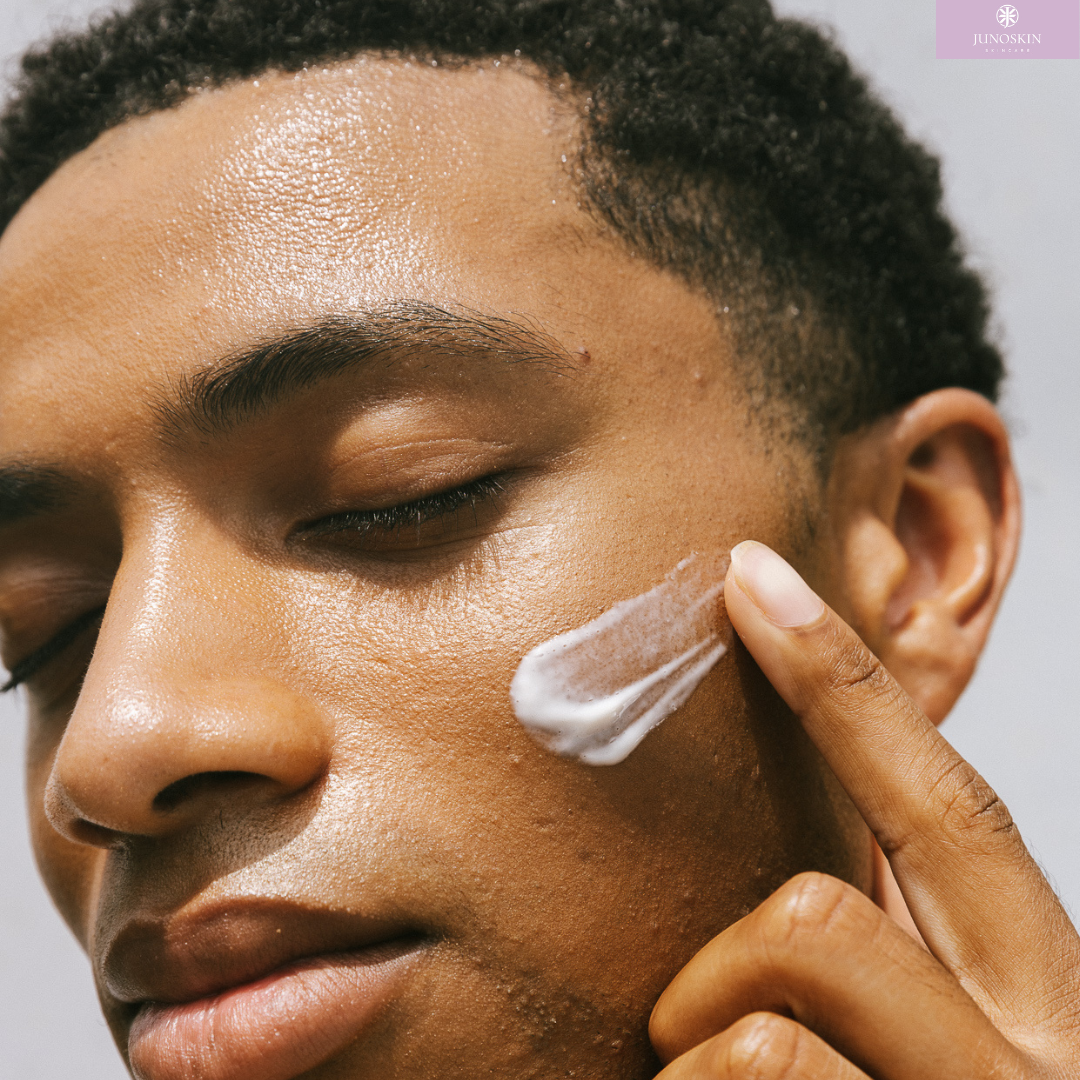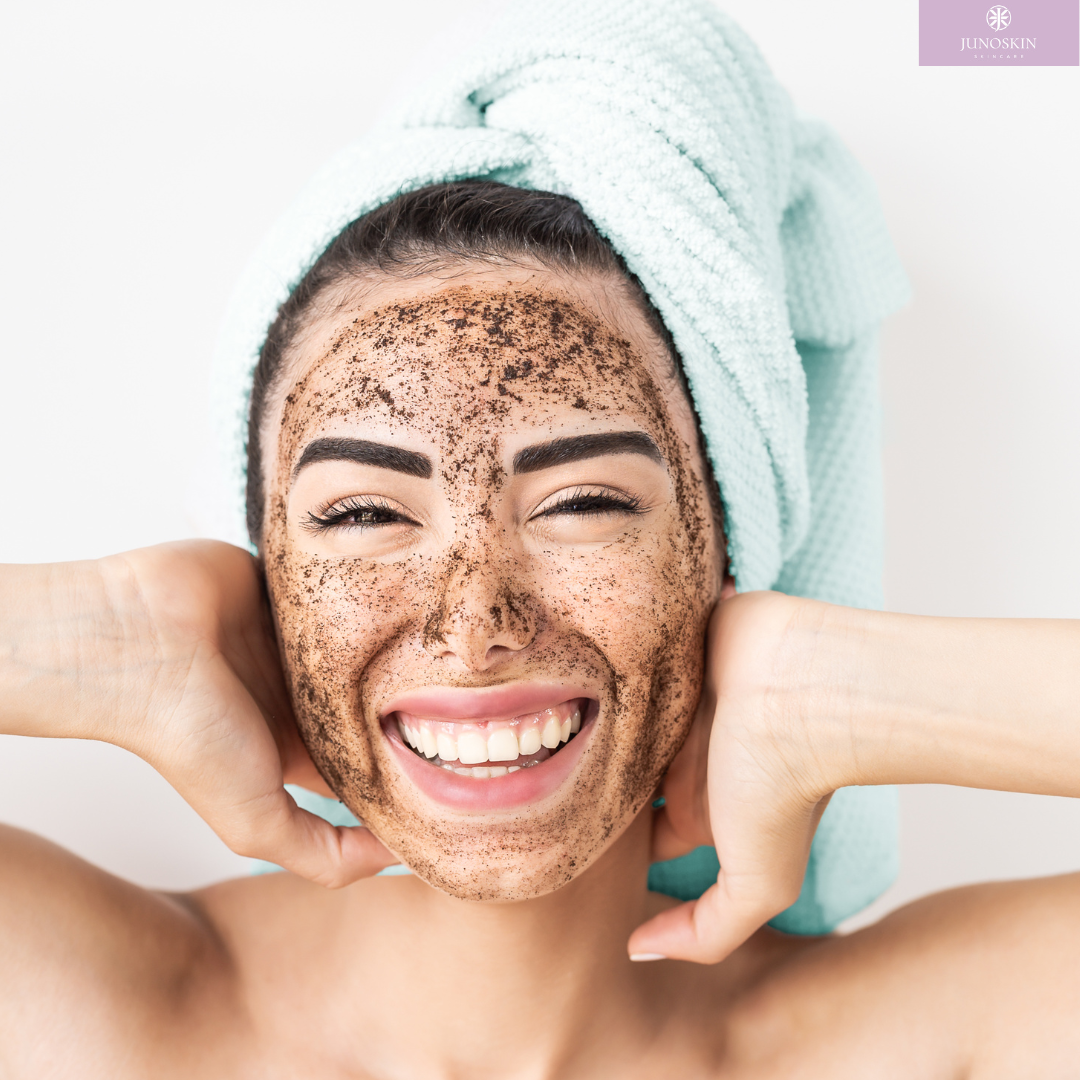AHAs, or alpha hydroxy acids, are a group of water-soluble acids that are commonly used in skincare products. Some of the most common AHAs used in skincare include glycolic acid, lactic acid, citric acid, and mandelic acid. These acids can have a number of benefits for the skin, including:
-
Exfoliation: AHAs can help to gently exfoliate the skin by dissolving the bonds between dead skin cells, which can help to smooth out rough texture, reduce the appearance of fine lines and wrinkles, and improve overall skin radiance.
-
Brightening: AHAs can help to brighten the skin by removing dull, dead skin cells and promoting the growth of new, healthy skin cells.
-
Treating acne: AHAs can help to unclog pores and reduce the formation of acne by removing dead skin cells and excess oil.
-
Improving hydration: AHAs can help to improve skin hydration by increasing the production of hyaluronic acid, a natural moisturizing factor in the skin.
-
Enhancing product absorption: AHAs can help to enhance the absorption of other skincare products, such as serums and moisturizers, by removing dead skin cells and creating a more receptive surface for active ingredients.
AHAs can be a valuable addition to a skincare routine for anyone looking to improve the texture, tone, and overall health of their skin. However, it is important to start with a low concentration and gradually increase use to avoid skin irritation, and to always wear sunscreen when using AHAs, as they can increase sun sensitivity.
Can I use AHAs when pregnant/breastfeeding?
If you feel that your skin would benefit from the “pick me up” of AHAs then they can be used in low doses. Two of the gentler ones are glycolic and lactic acid. There is firm guidance as to what is classified as “low dose” in pregnancy but from a skin result perspective, skin peels of less than 5% are regarded as mild. You may want to consider an infrequent AHA chemical peel rather than using twice daily homecare.
Who should avoid AHAs?
It should be used with caution with sensitive skins. If you have sensitive skin, you should start with a low concentration of AHA and gradually work your way up to higher concentrations. It's also a good idea to patch test any new AHA product before using it all over your face.
If you have eczema or rosacea, using AHAs may aggravate your condition and make it worse. It's best to avoid AHAs altogether or speak with a dermatologist before using them.
Those using prescription acne medications: If you're using prescription acne medications, such as retinoids or benzoyl peroxide, you should avoid using AHAs at the same time. Using these products together can cause excessive dryness and irritation.
Those with sun-damaged skin: If you have sun-damaged skin, using AHAs may increase your risk of sunburn and skin damage. It's important to wear sunscreen daily and avoid excessive sun exposure while using AHAs.





